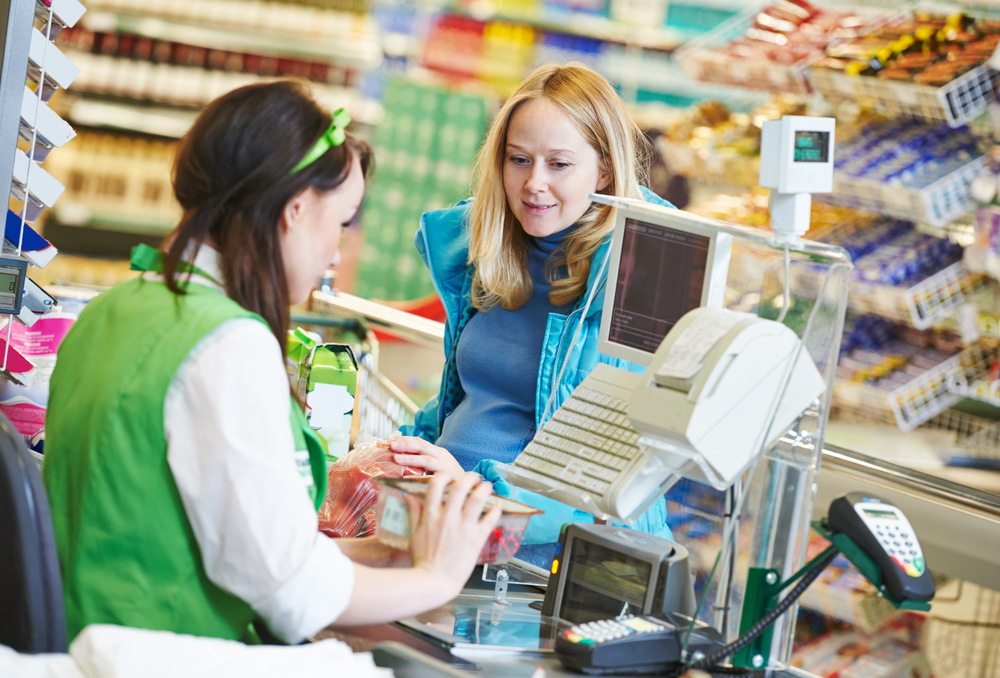Food price inflation accelerates in Hungary and reaches two-digit again – UPDATED

Despite government measures—criticised by some as ineffective interventions in the Hungarian economy—food prices continue to rise across the country.
Food price inflation accelerates in Hungary despite government measures
According to Blikk, annual food price inflation in Hungarian supermarkets returned to double digits in July. The report also notes that basic food items are becoming increasingly unaffordable, even for pensioners—a demographic the Orbán government claims to protect from the effects of relentless price hikes, as it enjoys its highest popularity among them.
Based on Privátbankár’s Árkosár (price basket) survey, the average grocery bill for a family now stands at HUF 38,703 (EUR 97), representing an 11% increase compared to last year. The steepest monthly rise was seen in potato prices, which surged by 35%. Bananas, tea, and dry pasta each became roughly 10% more expensive compared to June. Meanwhile, egg prices saw a notable decrease of 11.5%.

Long-term trends remain concerning. After three months of single-digit inflation, the rate has once again climbed above 10%, despite the government’s profit maximisation cap on several essential goods including food, medicine, and other staples.
- Fitch Ratings gives a devastating outlook for Hungary’s economy: low GDP growth, high inflation
Retail sales edge up 2.1% in May
Retail sales in Hungary increased by 2.1% year-on-year in May, according to data released by the Central Statistical Office (KSH on Friday. This growth rate remains unchanged after adjusting for calendar effects. Adjusted figures show food sales rose by 0.5%, non-food sales increased by 4.0%, while fuel sales declined by 1.1%. Online and mail-order sales, accounting for 8.1% of total retail turnover, rose by 4.8%. Sales at petrol stations dropped by 1.1%.
In month-on-month terms, retail sales fell by 1.3% after seasonal and calendar adjustments. In absolute figures, total retail sales in May reached HUF 1,691 billion. Food sales comprised 50% of this total, non-food sales 36%, and petrol station sales 14%.
- Horrible sight: Budapest’s dreaded Hunger Rock emerges for the second time in a year
Between January and May, retail sales rose by an adjusted 3.1% and by an unadjusted 2.6% compared with the same period a year earlier. Adjusted food sales rose by 2.7%, non-food sales by 4.6%, and fuel sales by 0.7%.
In a statement following the data release, the Ministry for National Economy highlighted the role of rising wages, government initiatives to reduce prices, and tax cuts in boosting household consumption. According to the ministry, all conditions are in place for continued growth in both retail sales and the consumption of services.
UPDATE: Watchdog concludes probes into dairy and egg markets
Hungary’s Competition Office (GVH) announced the conclusion of its accelerated investigations into the dairy and egg markets. GVH cited rising milk prices across Europe and higher production costs as key factors driving up retail prices for dairy products. However, it noted that the government-imposed cap on markups for basic food items had a mitigating effect.
In the egg sector, the GVH identified increased feed, energy, labour, and logistics costs as significant burdens, compounded by reduced output due to bird flu. The authority also highlighted the seasonal nature of procurement practices by certain supermarket chains as another contributing factor.







